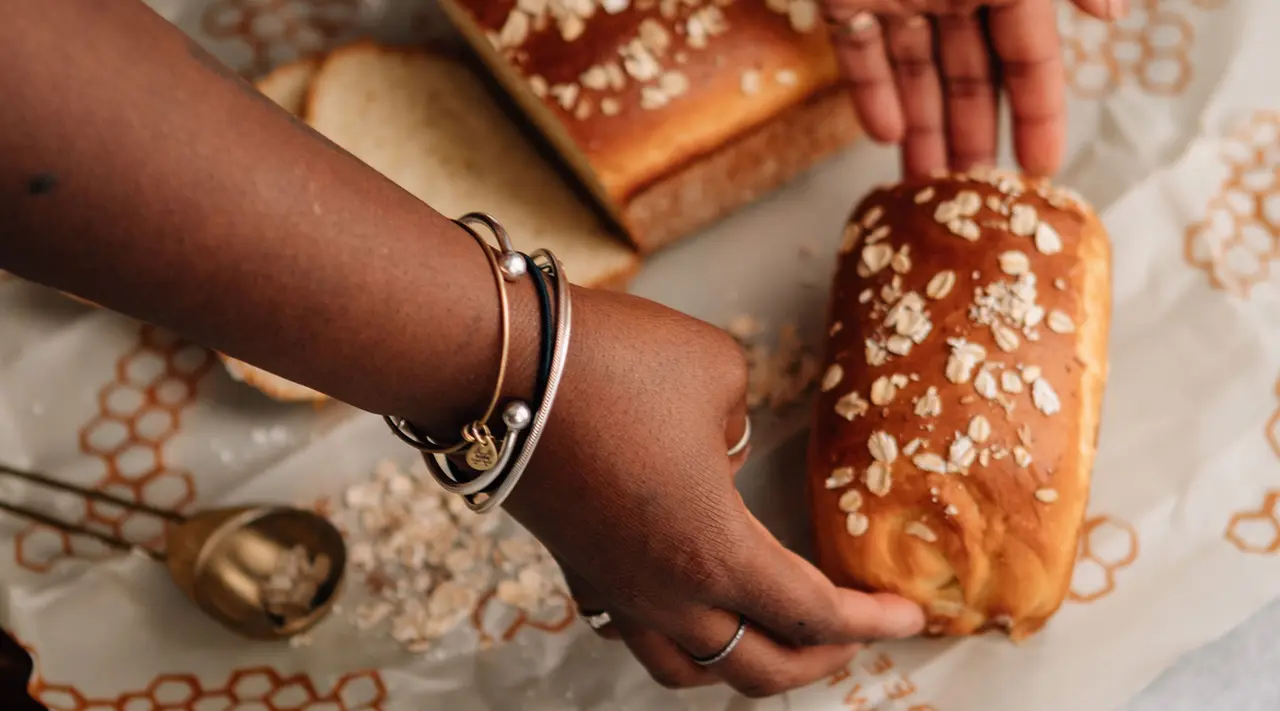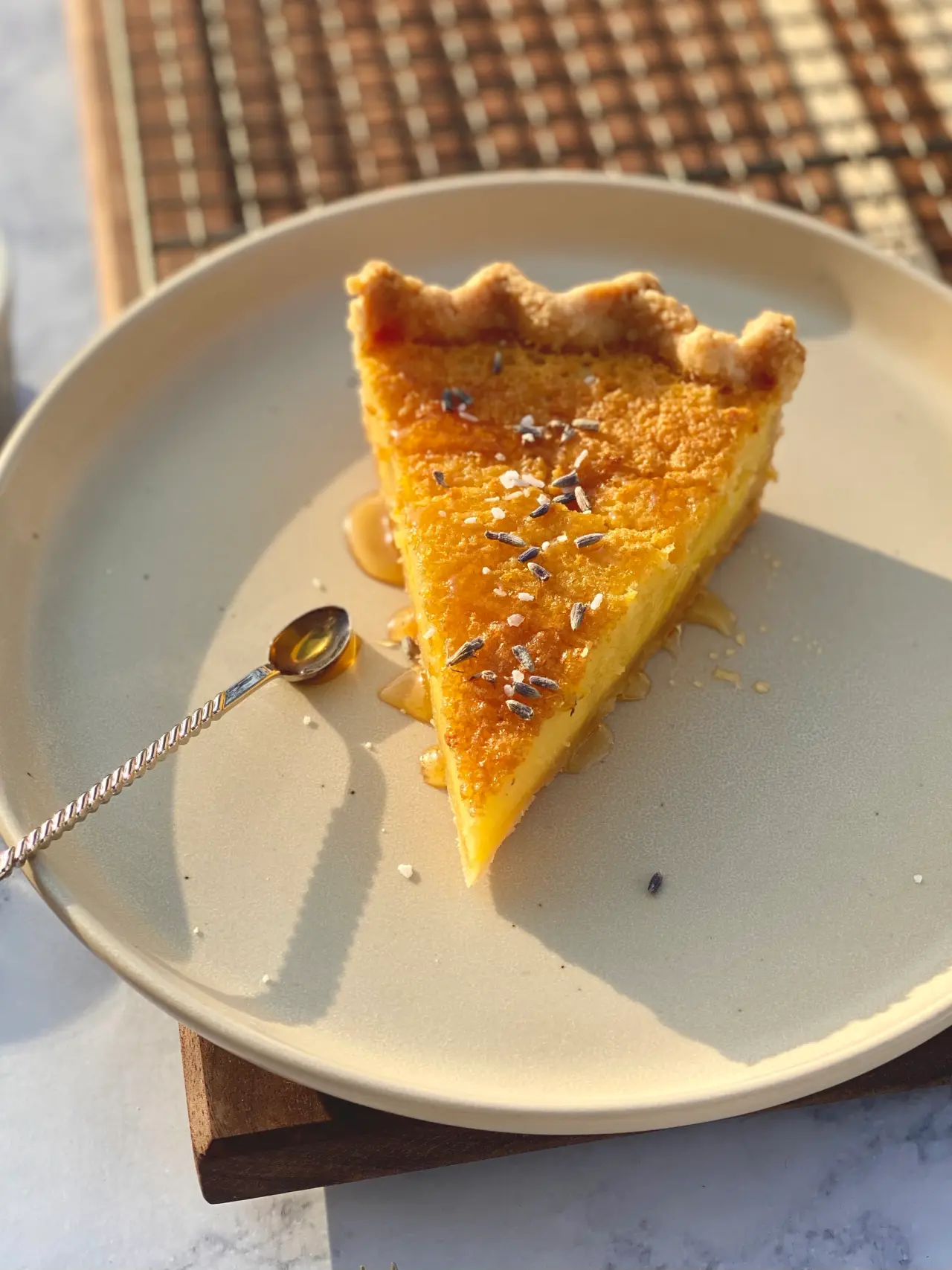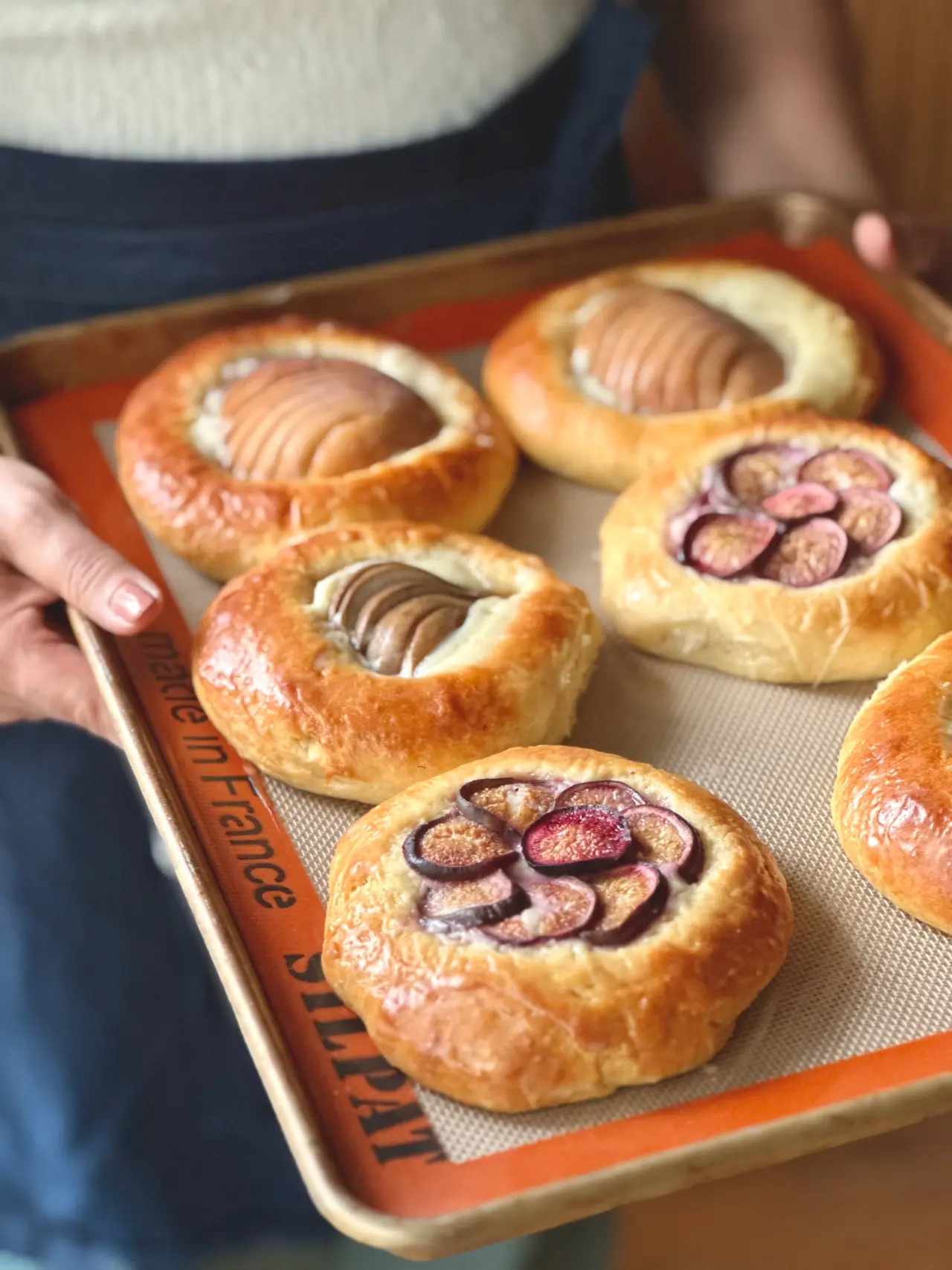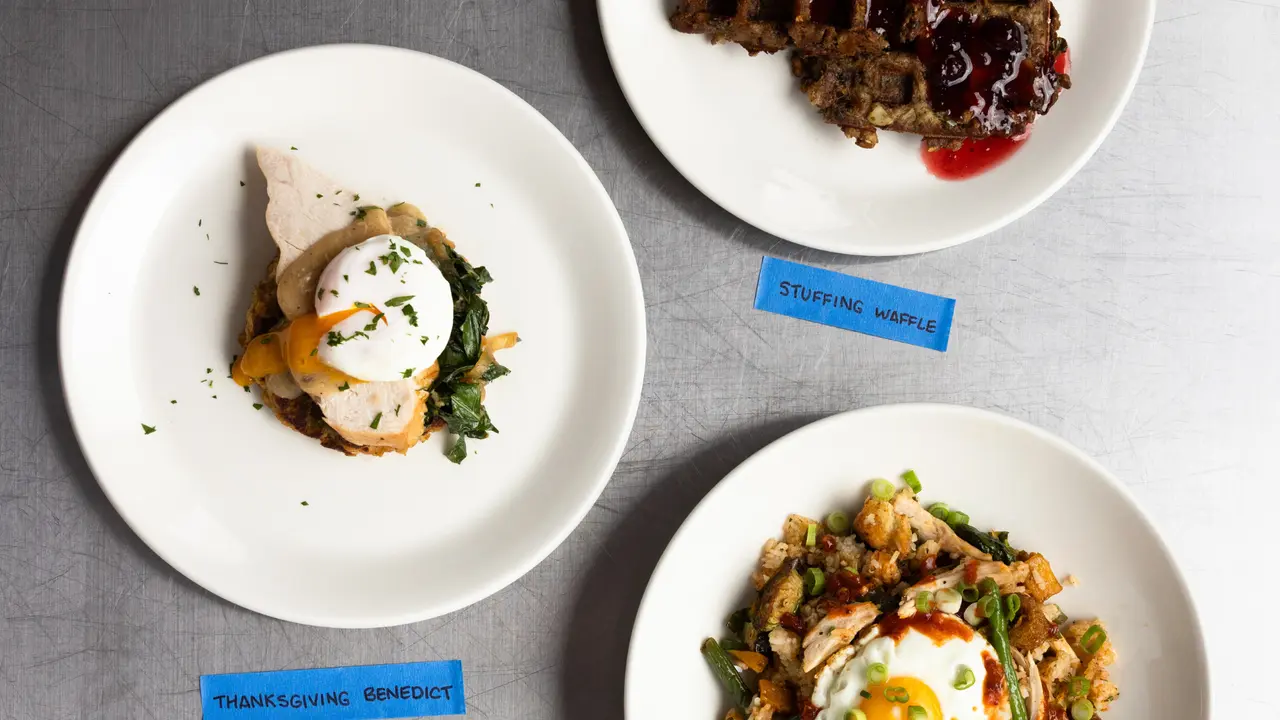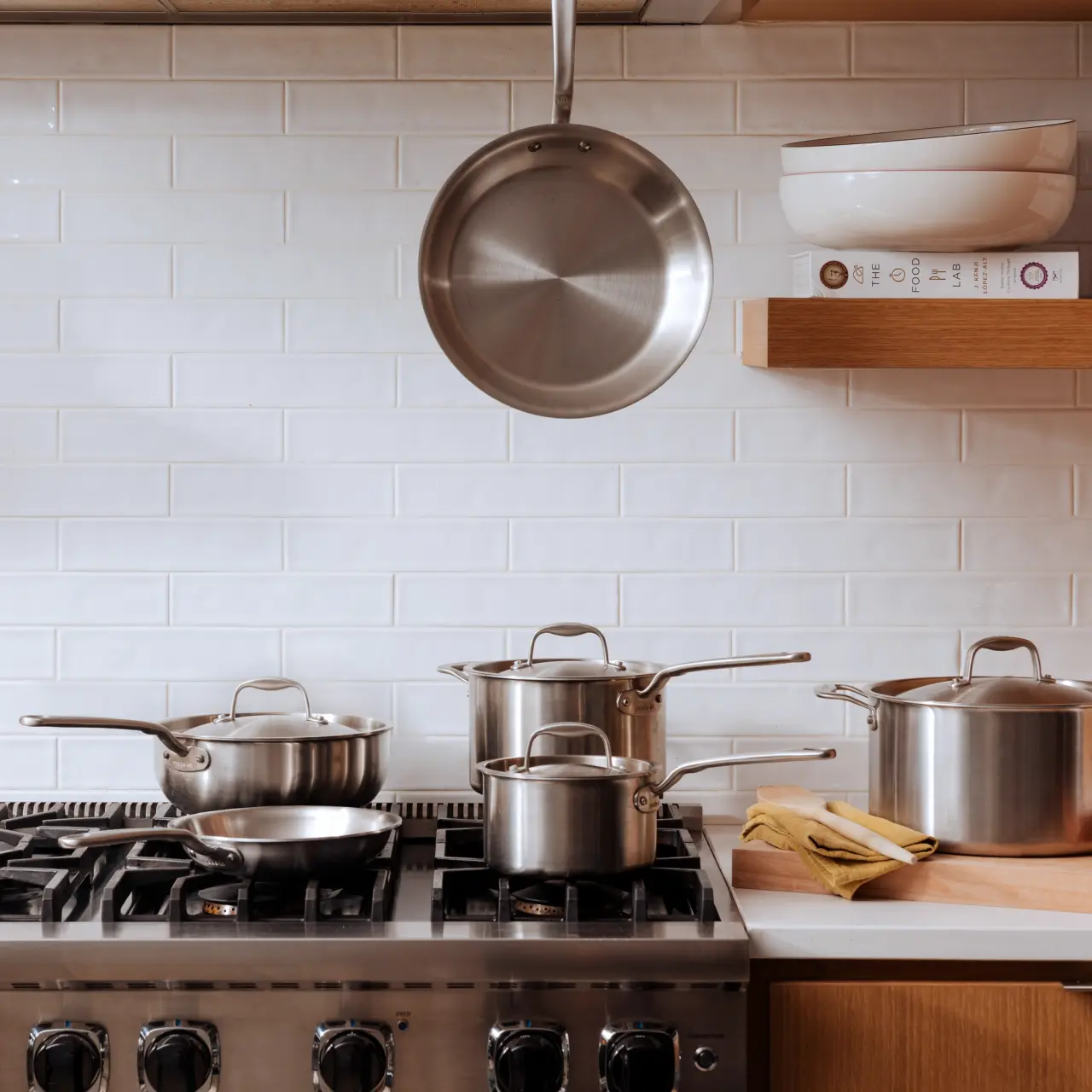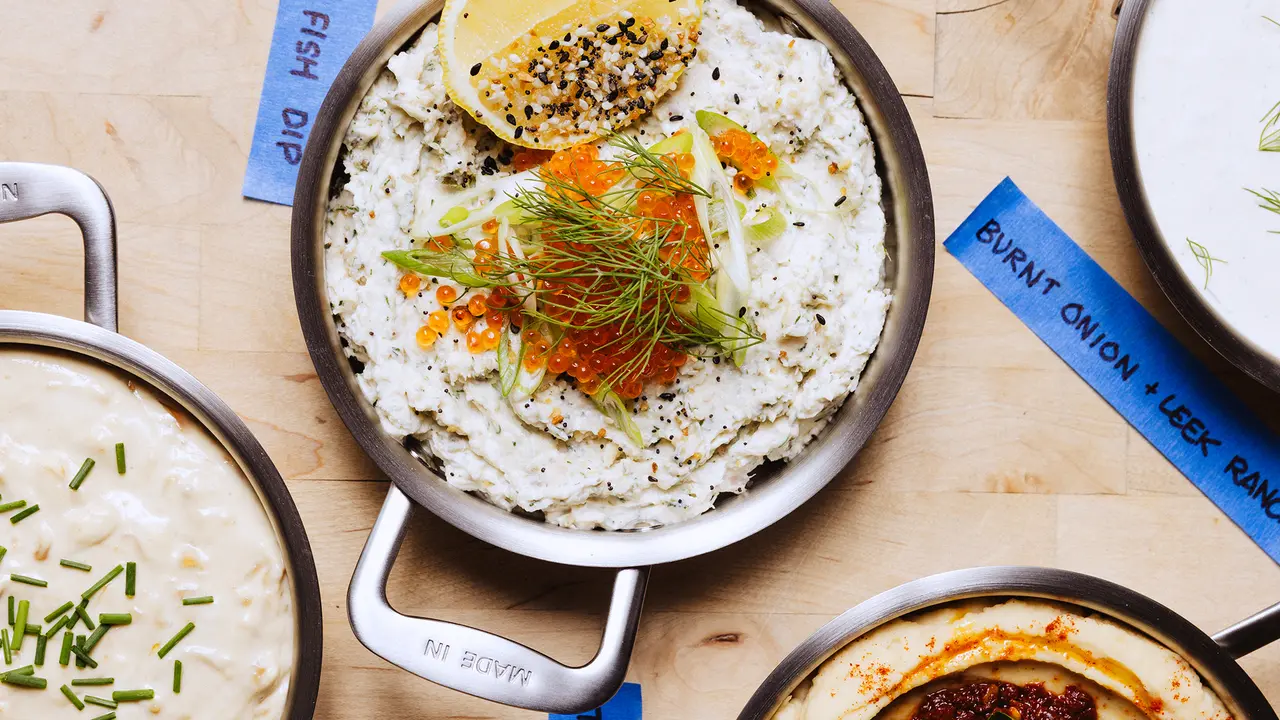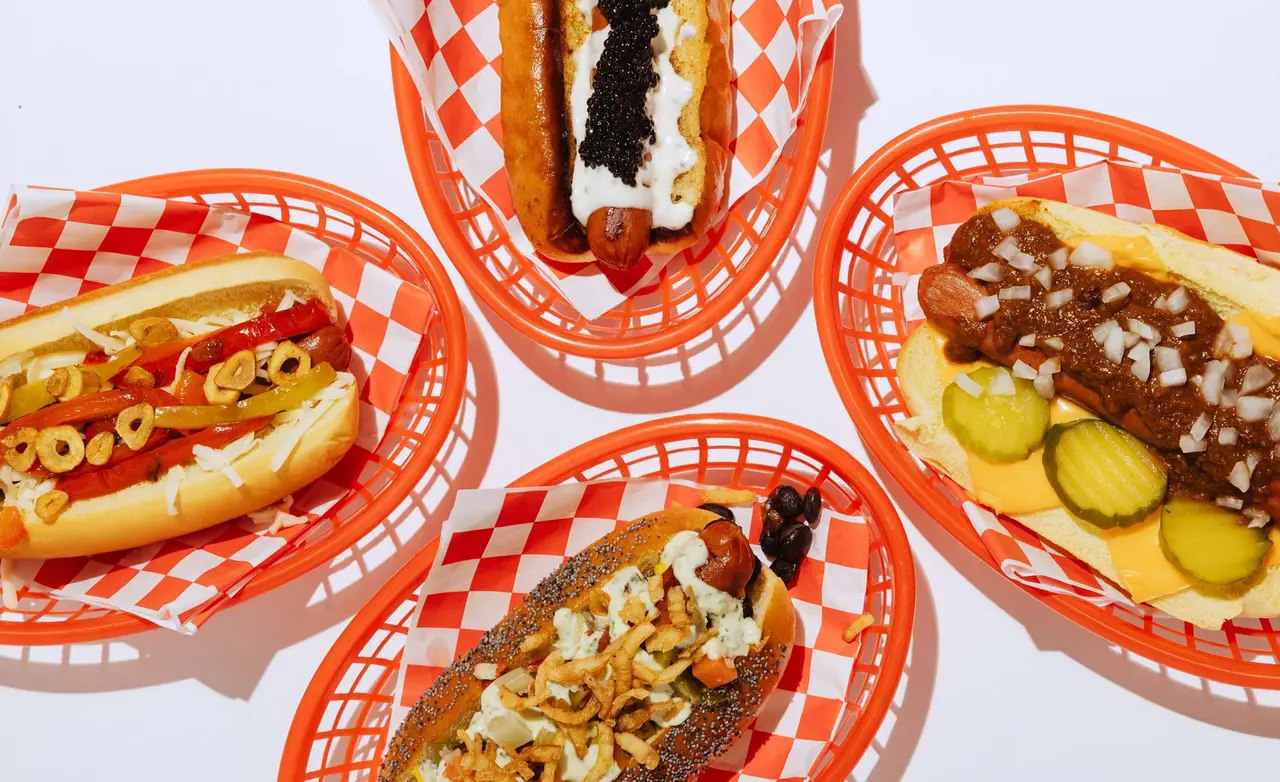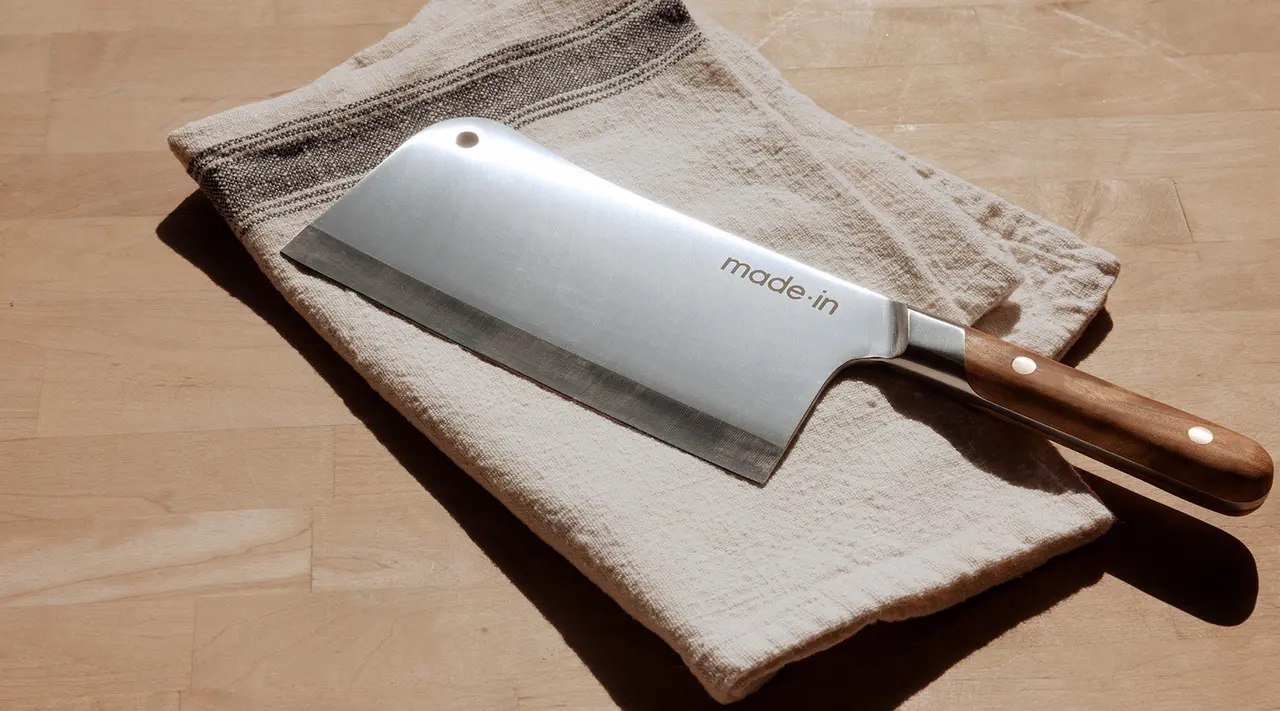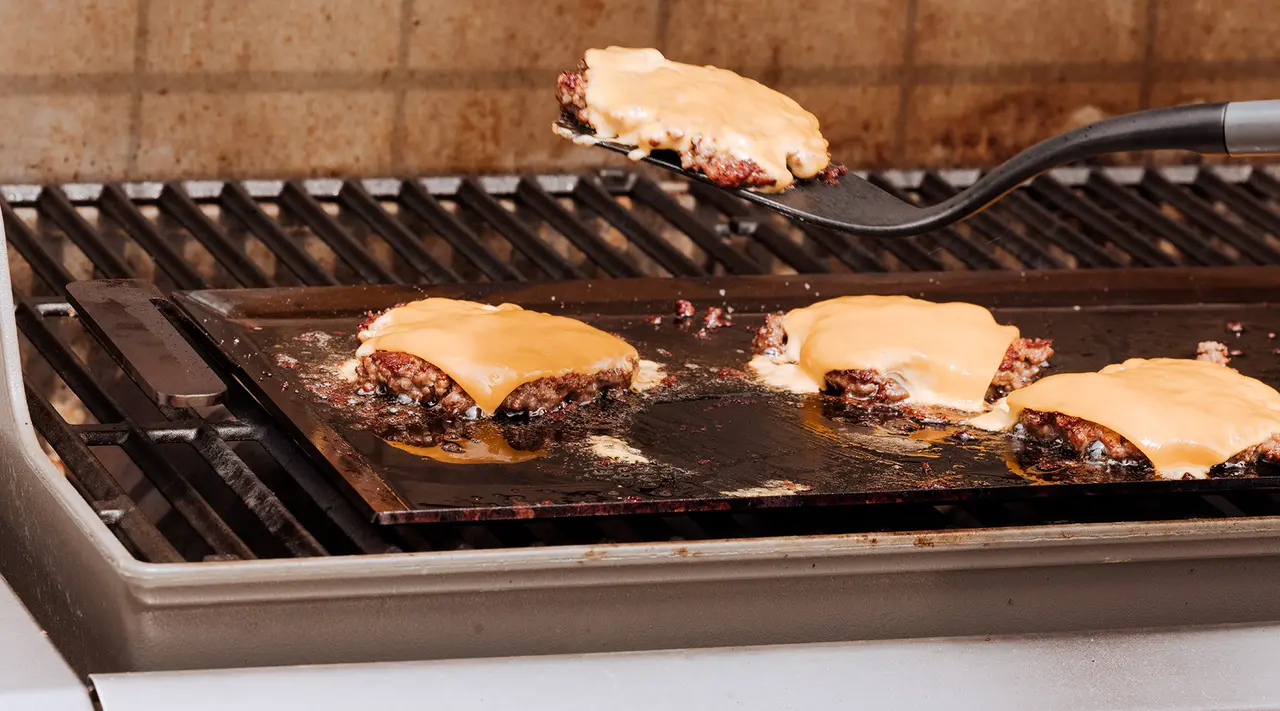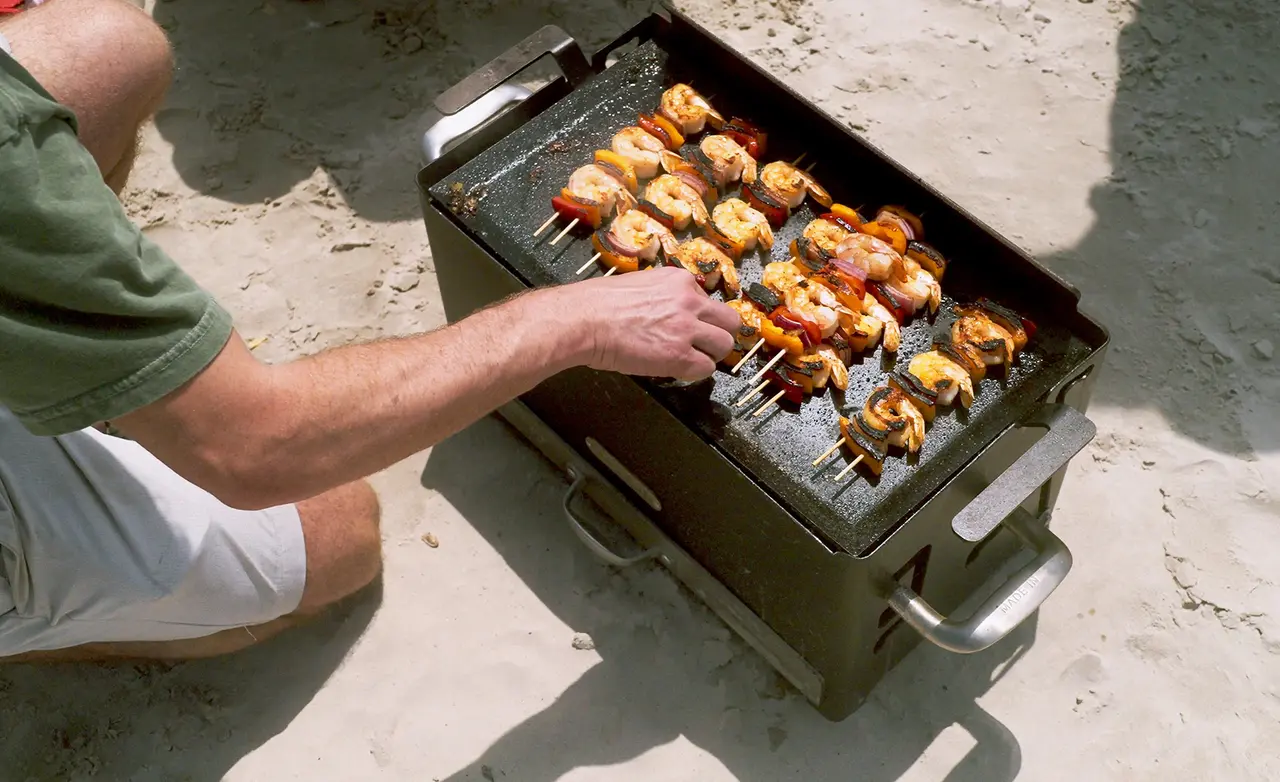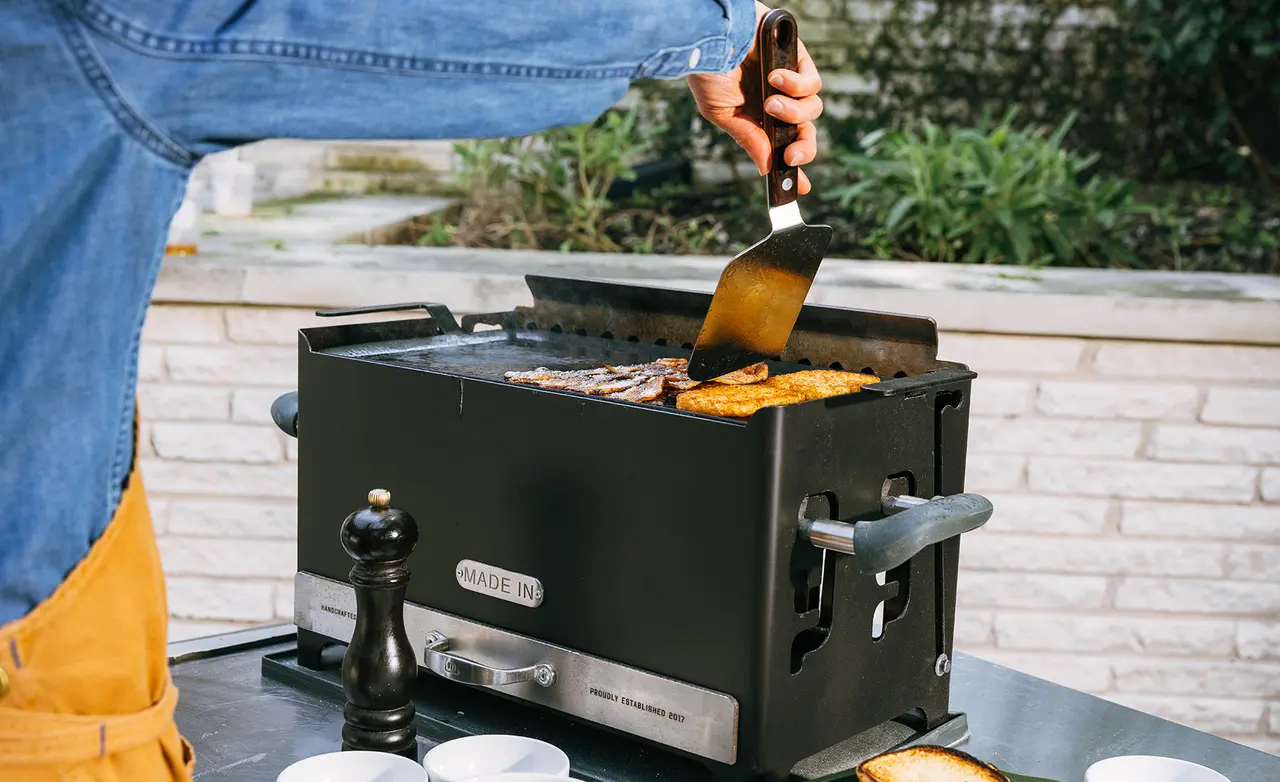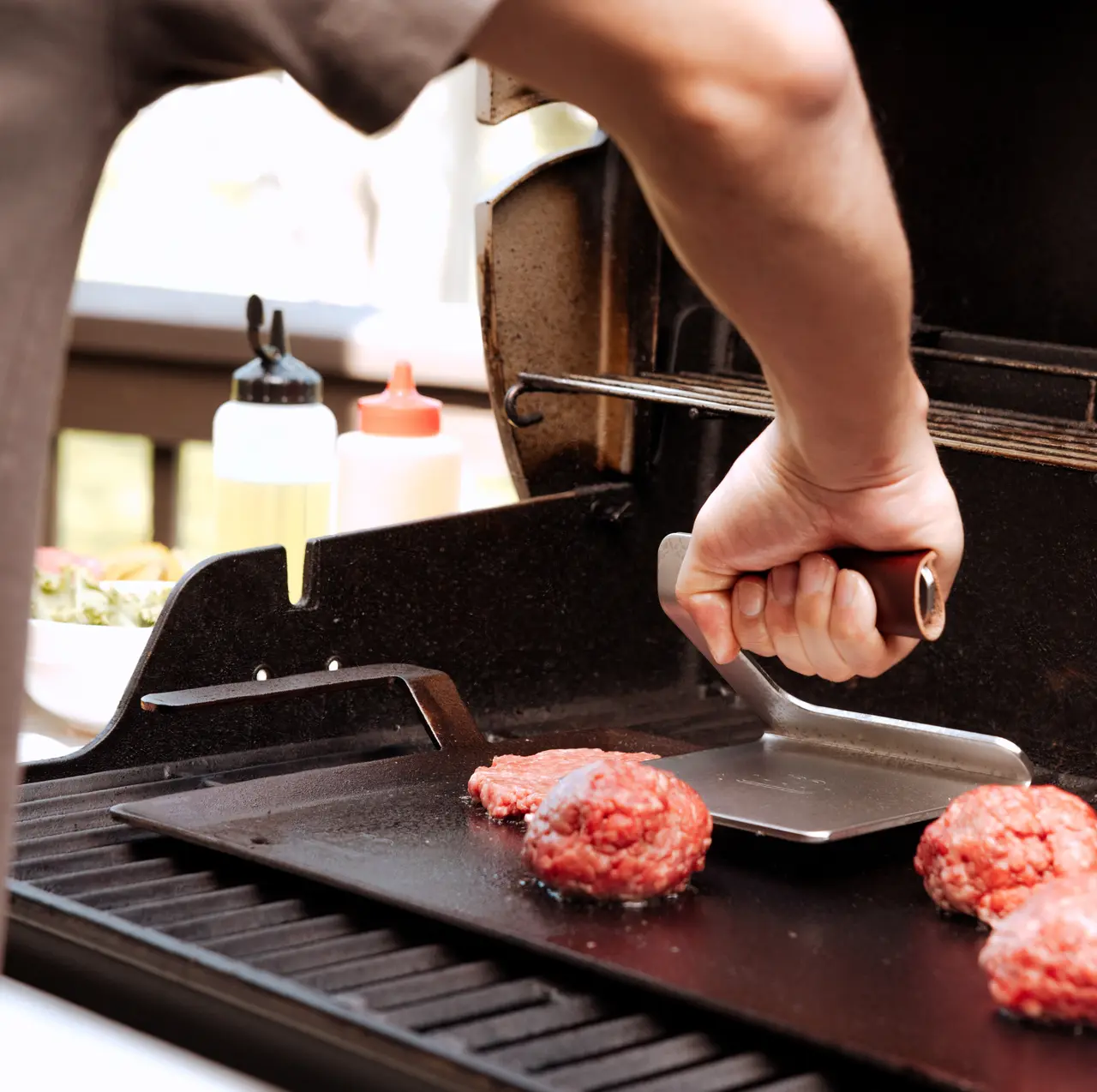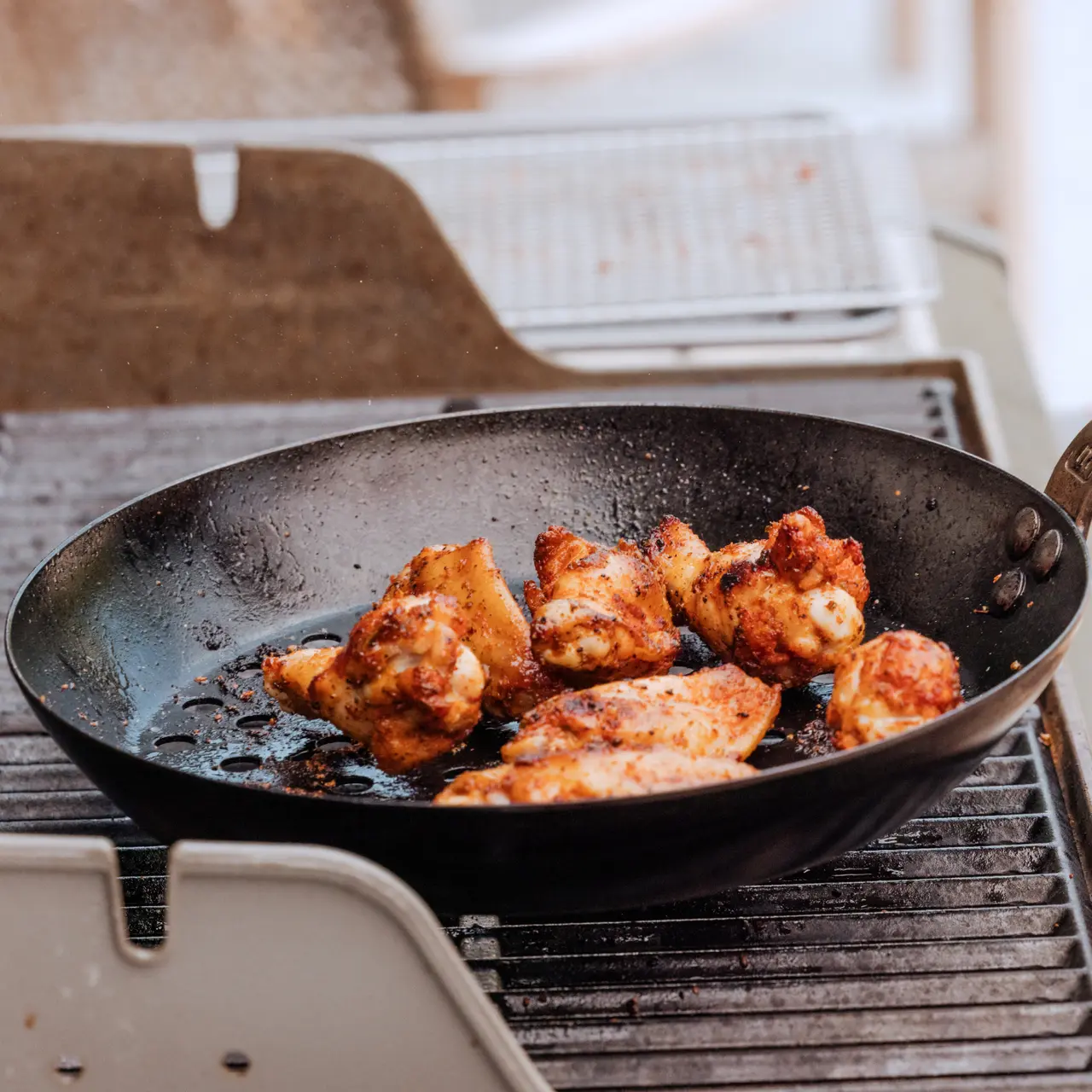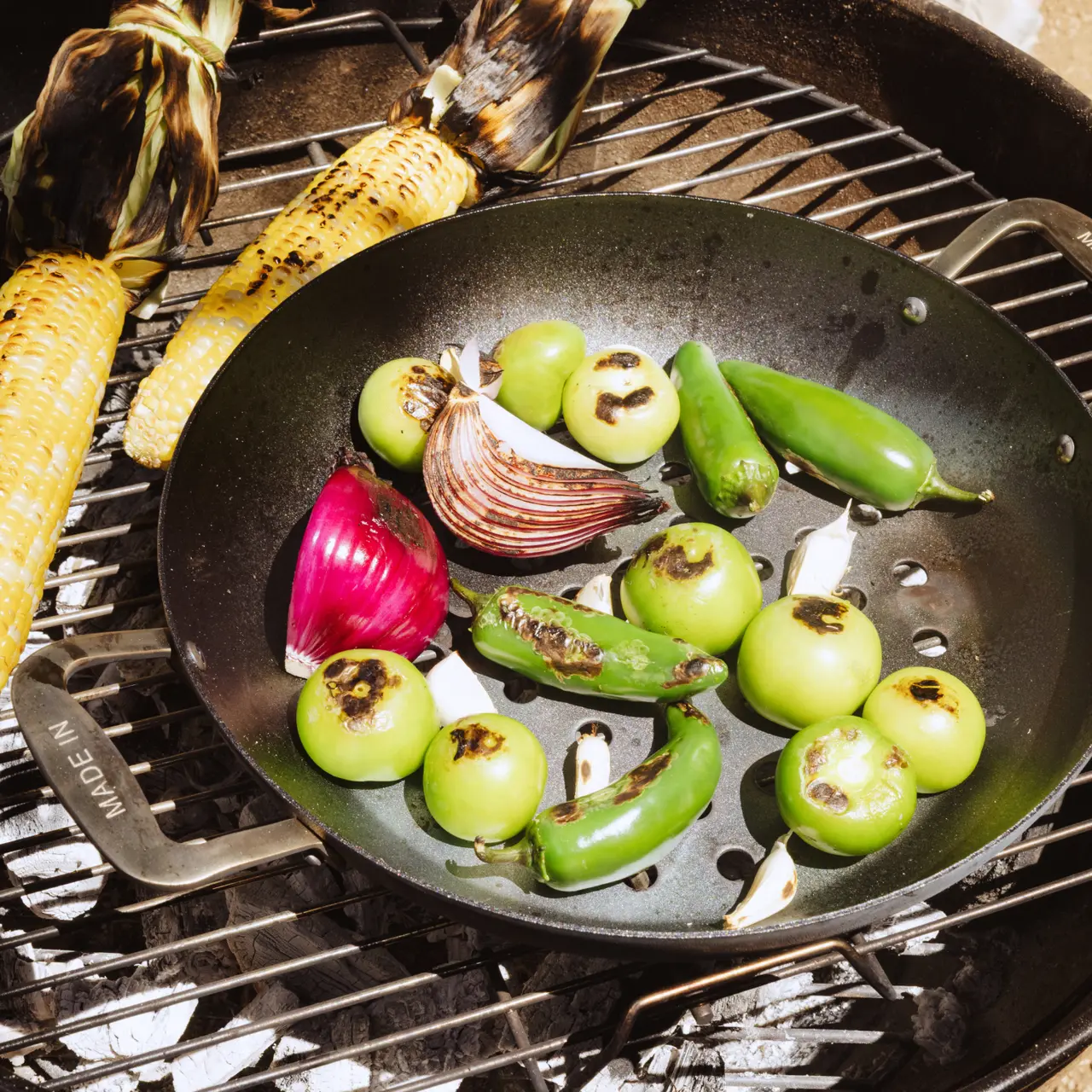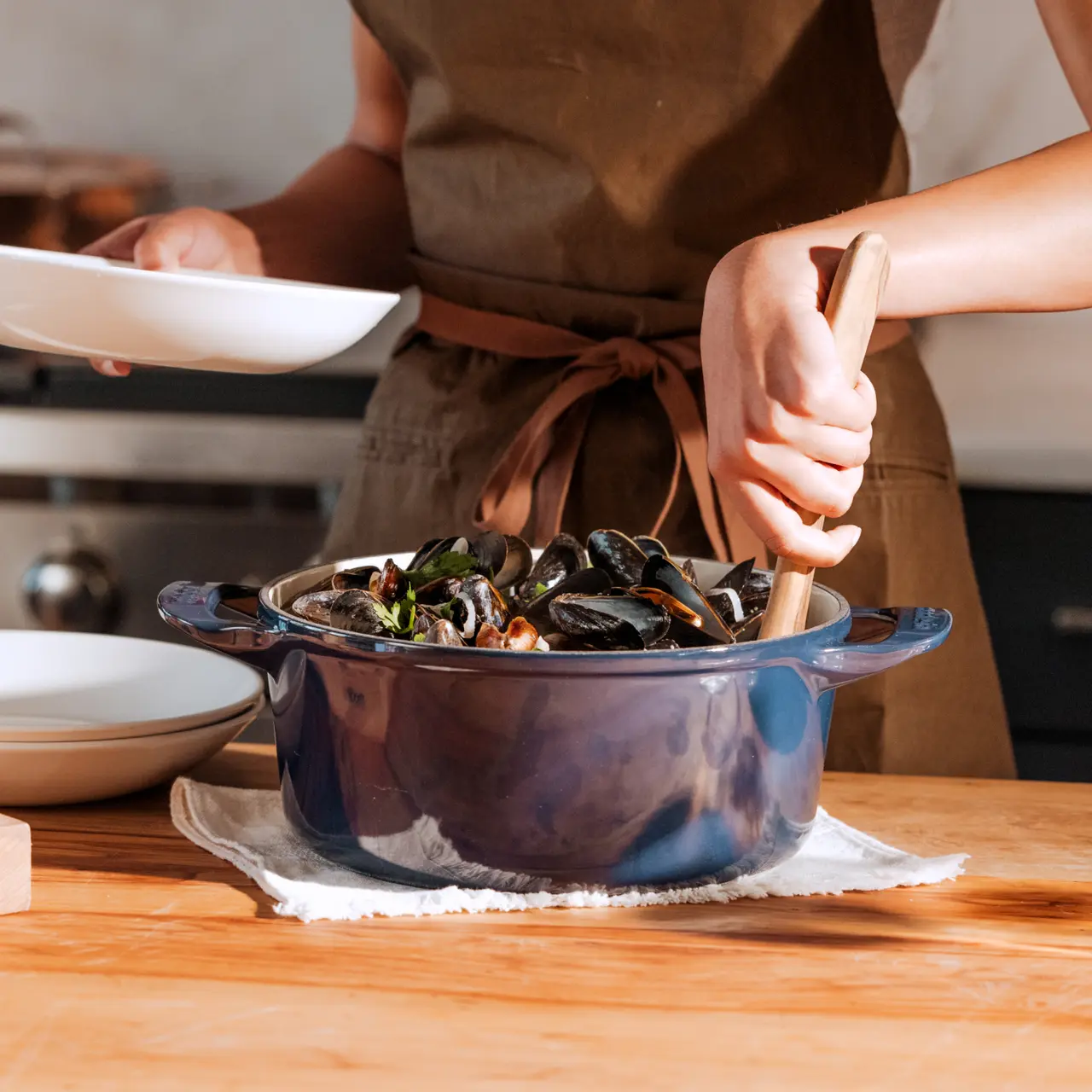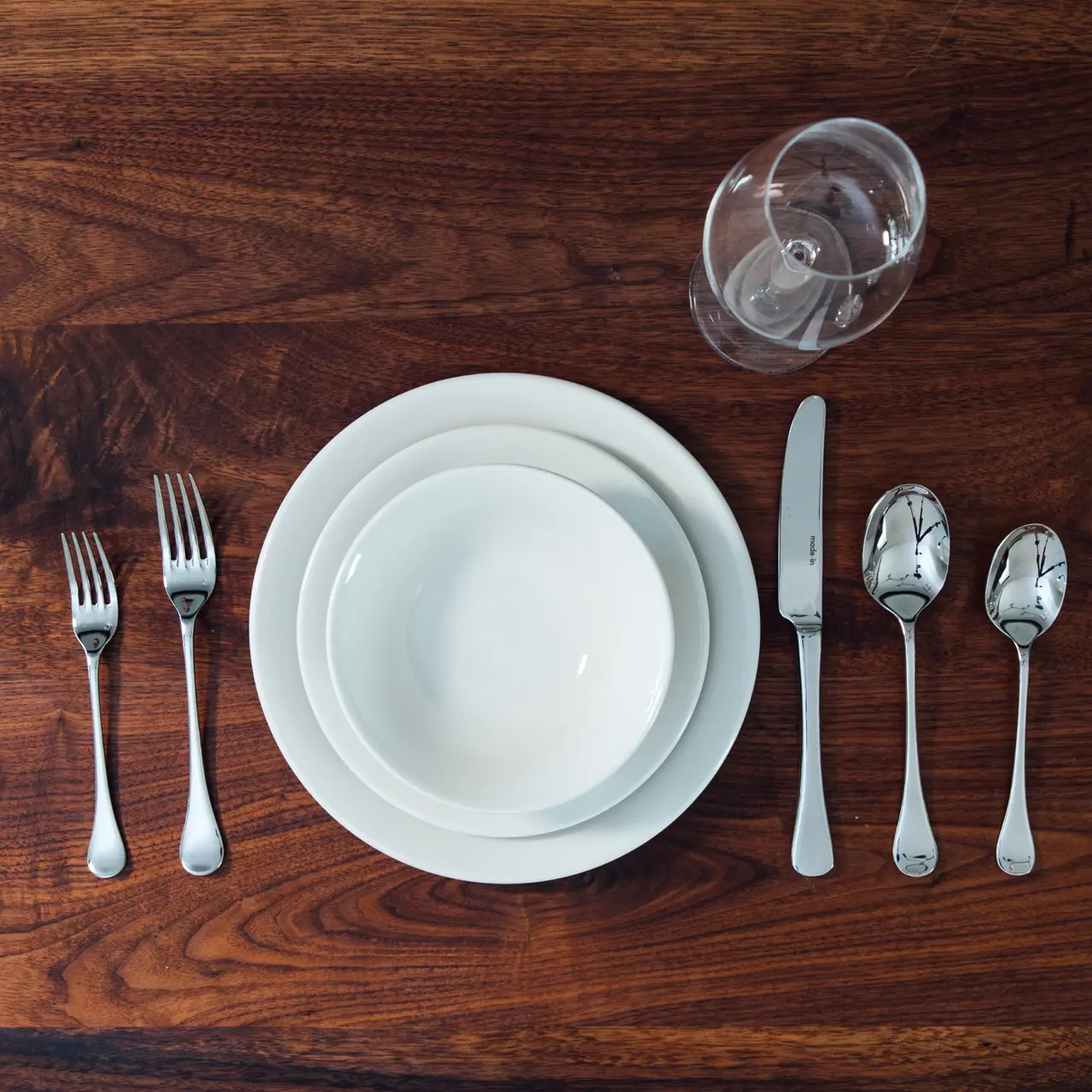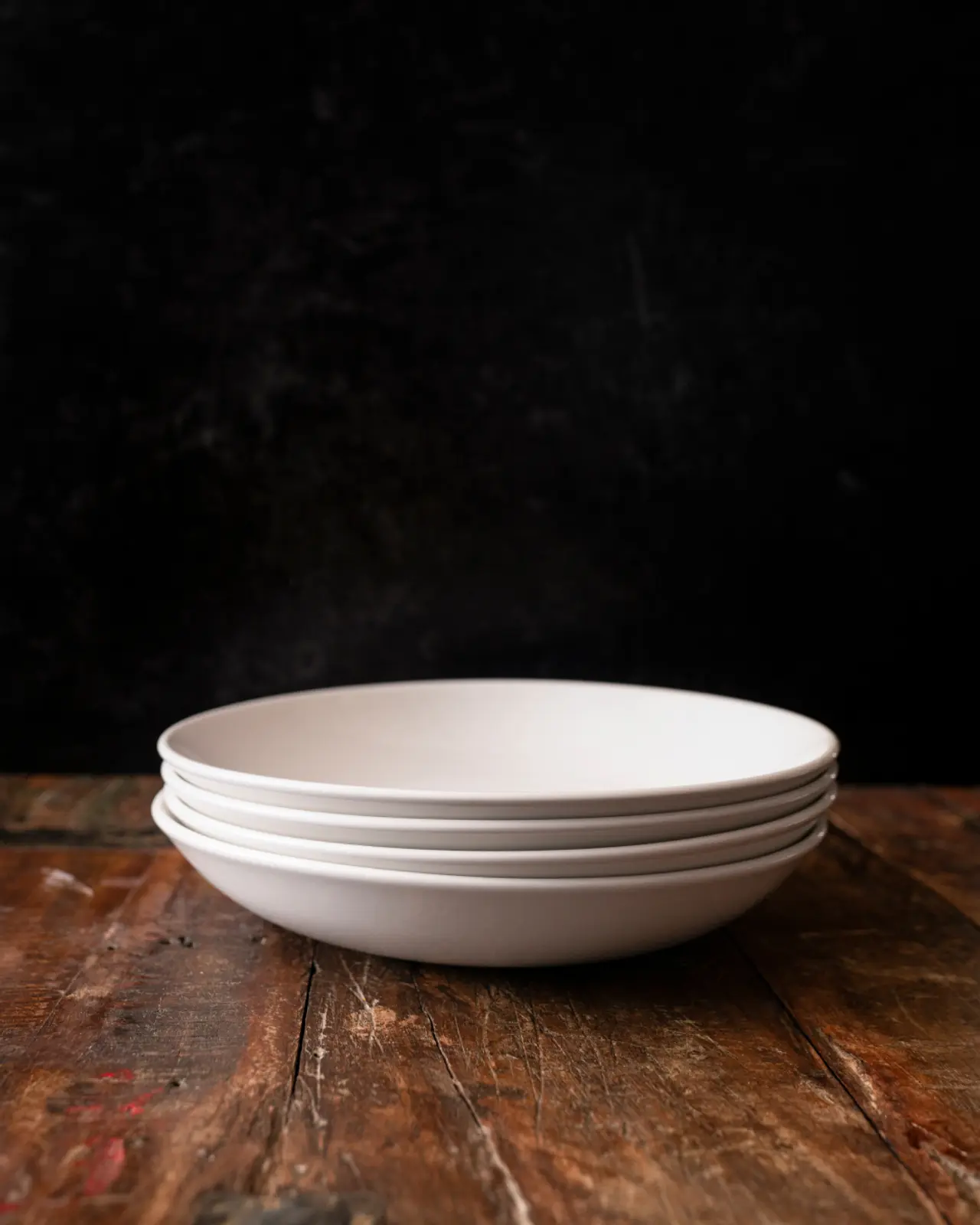For Pastry Chef, Recipe Developer, and Magnolia Network host Elise Smith, baking was acquired like a native language. At Jeanie’s, her grandmother Winifred’s bakery in Prince George’s County, Maryland, Elise received an immersive back-of-house education rivaling any culinary school. Her informal lessons were absorbed rather than studied, and by 11 she’d learned to speed line baking tins, pipe buttercream, and derive great satisfaction from accurately dividing dough by eye.
“My brother and I truly did grow up in a kitchen,” Elise says. She dates the “official” beginning of her pastry career to age 11 (child labor laws be damned) but by then she’d already been staging under grandma Winnie for longer than most restaurants stay open. “I was a very serious child,” Elise says, laughing, “but in the kitchen, my grandmother could get me talking and I would spill every secret. Whether I was aware of the secret or not.”
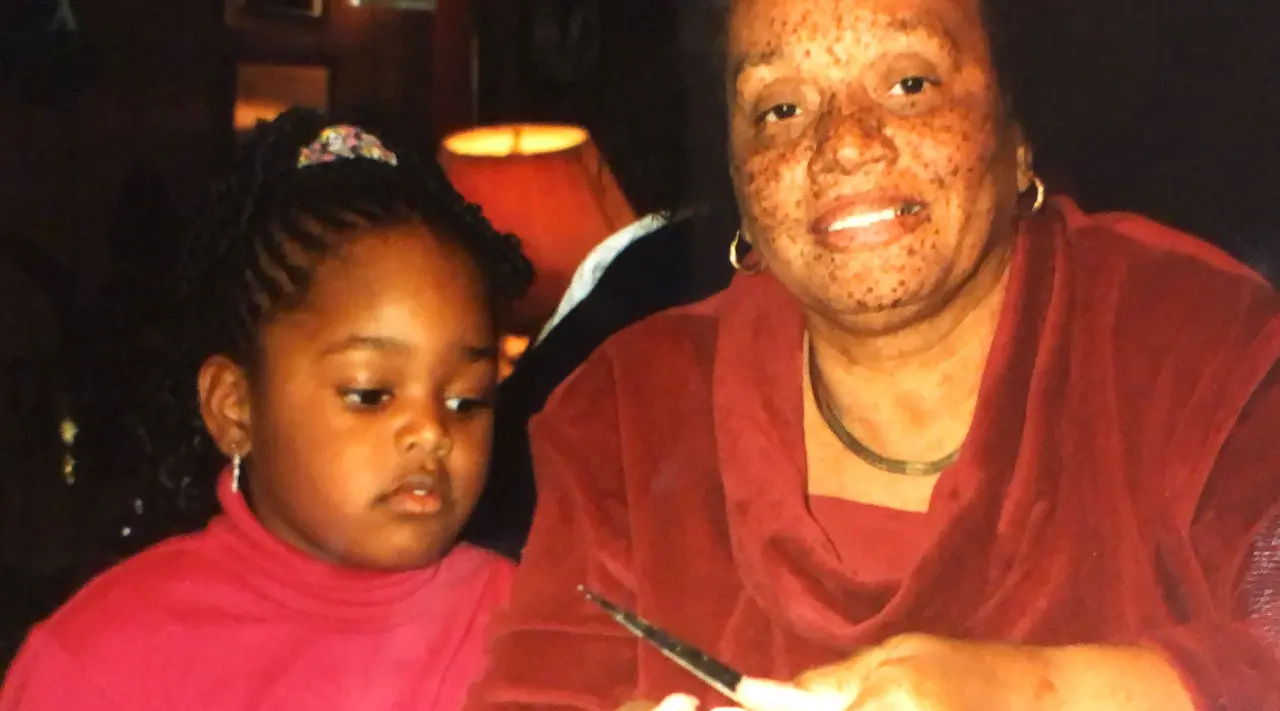
In grade school, Elise spent several afternoons complaining to Winnie about a girl she was annoyed by, still too young and too socialized to realize her frustration was actually infatuation. “My grandmother was the first person who knew I was queer, before I even had the language,” she says. “And she was just so cool about it, like it was nothing. The only questions she had for me were, ‘Do you feel that she's a kind person? And do you make sure that you’re kind in return?’”
Winnie’s unconditional acceptance made the kitchen a place of refuge for Elise. “It fostered this sense of self-assuredness and safety. Being in a kitchen became synonymous with feeling protected,” she says. When Elise—now a 32-year-old, queer, Black, chronically ill, and infectiously radiant culinary creative—began deciphering who she was, it happened just like baking: in the kitchen, with her grandmother.
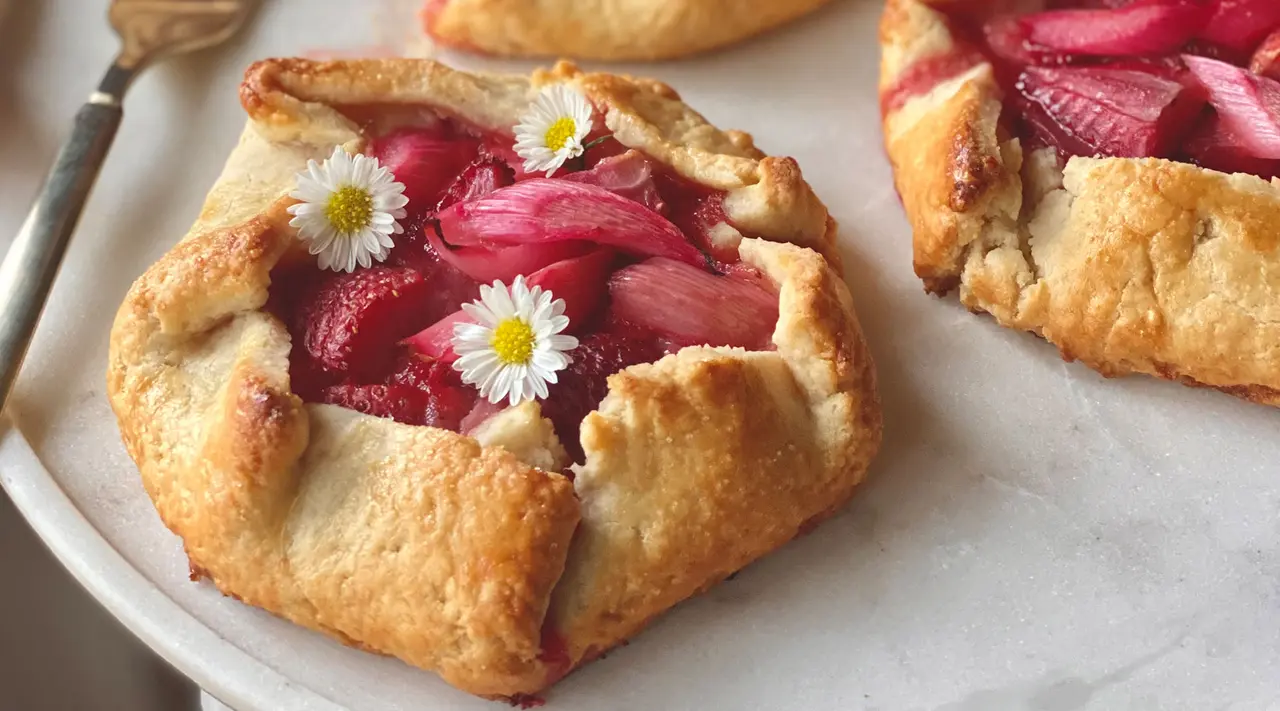
Popular views on baking are more rigid, treating it as an uncompromising science that “serious” professionals learn in culinary school. Yet the truly fearless—grandmothers, mostly—bake by feeling, often with little to no regard for recipes. Elise’s approach to pastry is a hybrid of the two, as guided by intuition as it is by the laws of French pâtisserie. When she finally started her own wholesale bakery in Columbia, Maryland offering brioche, wedding cakes, and tartlets, she called it WinniE’s Bakery—a heartfelt nod to where her career began, and a subtle hint (a capital “E” for Elise) at where it’s going.
Increasingly, WinniE’s Bakery is going in a more holistic direction. Where wellness often sees baked goods as unnecessary indulgences, Elise—who is on her second cancer diagnosis in just over a decade—disapproves of moralizing food in the name of health. Life isn’t about biohacking, she says, and food is more than the sum of its nutritional information.
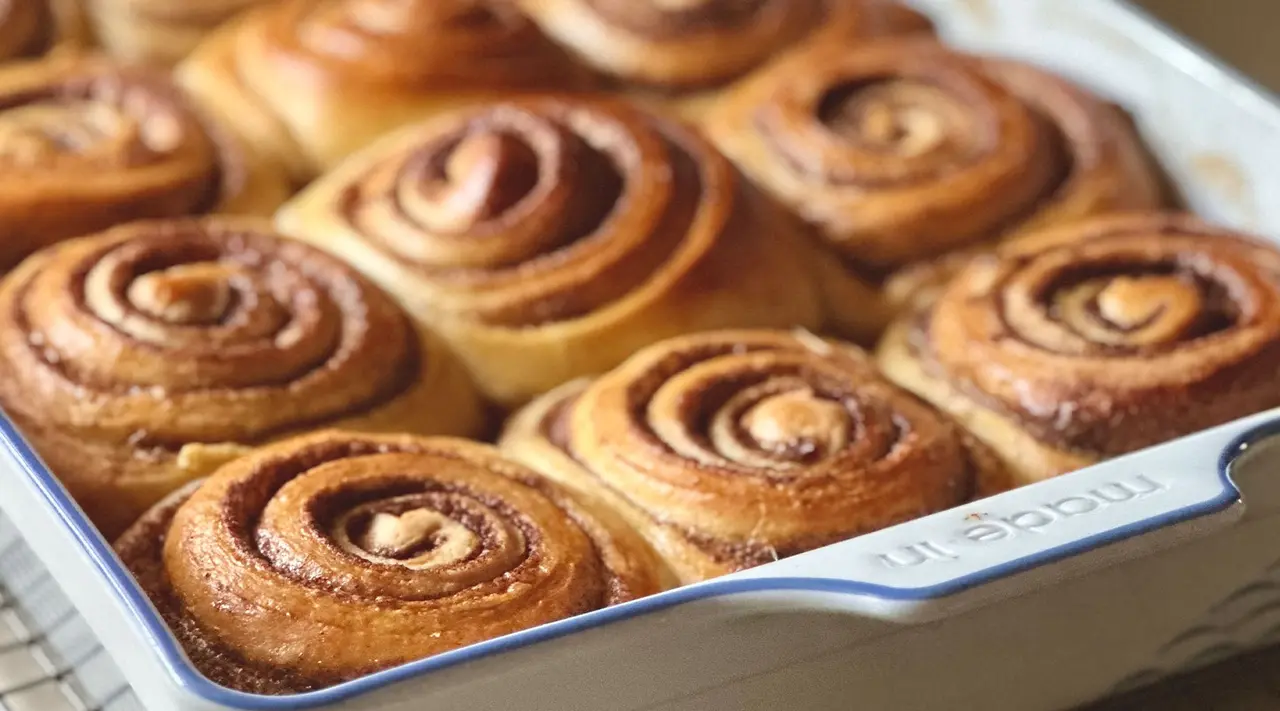
“I am very much a believer in the idea of ‘let food be thy medicine.’ There's so much benefit to being attuned with the whole experience of eating. Food can calm you, or improve digestion. I see it as an encompassed experience,” she explains. Brioche can’t stand in for the immunotherapy and transfusions Elise receives weekly, but making a batch of Bourbon Sticky Buns may hold more restorative, meditative value.
On her website, Elise’s recipes are divided into emotional categories: loss, healing, growth, and joy. Of the first 3, she’s experienced more than her fair share, but recently, joy appears to be on the rise too. Earlier this year, Elise made her Magnolia Network debut as the host of “Baked From Scratch: Cakes” (also available on HBO) after Joanna Gaines slid into her DMs over a picture of granola. Throughout the series, she breaks down the fundamentals of 6 cake styles, contextualizing them with the flavors, feelings, and techniques each one brings to the table.
Below, she shares more advice—her best baking tips for beginners who want to enjoy the process, and not just the results.
Tip #1: Use a Scale
Measuring cups are the American way, and probably all that’s necessary if you’re sticking to simpler baking projects like cake. “But if you're going to venture into baking breads, the one small investment I would recommend is a scale,” says Elise. “Whether you’re experimenting with enriched doughs or making a standard bread dough, a scale will ease a lot of the pressure and help demystify the process. Plus, the scale’s accuracy makes it easier to get the result you want.”
Tip #2: Learn the Science of Baking
Baking often feels inexplicable, partially because so much of the action happens behind closed oven doors or while you’re not watching. This makes it harder to interpret the relationship between ingredients or see the impact of certain steps.
“Research what you're doing, even just a little,” says Elise. “A quick Google or YouTube search on gluten and gluten formation will help you understand seemingly arbitrary distinctions, like the difference between high protein and low protein flours.” You don’t strictly need to be a scientist to bake well, but having a curious, analytical mind will help.
Tip #3: Make Recipes by Hand
After you’ve researched the science, it’s time for the lab portion. Success in baking hinges on your ingredients and the chemical reactions that occur between them, but these days we have a lot of shortcuts—bread machines, stand mixers, electric beaters, immersion blenders—that help us bypass the manual labor required for these reactions to take place.
Making recipes by hand invariably takes longer, but that extra hands-on time allows you to witness the transitions happening in your brioche dough, meringue, or whipped cream. As a result, you gain a better understanding of the recipe and its parameters.
Tip #4: Bake It Your Own
“I began writing recipes just by making the things that I wanted to eat,” says Elise. “I’d find some inspiration in a movie, or ingredients, or a feeling, and I’d think, ‘Oh, that would be really cool—someone should make that.’ But then I’d realize, I'm someone. I can make that. It’s really as simple as that.”
Start with recipes you’re comfortable with, and begin substituting different fruit, spices, and flavors. If it calls for brown sugar, try it with panela. If a recipe calls for all-purpose flour, replace up to 25% of it with buckwheat, almond, or spelt flour. See what happens.
Tip #5: Progress Over Perfection
“Baking gets really nerve-wracking. You feel like you're over kneading, you’re worried about overworking the dough, maybe your machine is getting hot to the touch,” says Elise. “But often, that's exactly what's necessary.” The best way, according to Elise, is to learn by doing.
“Every single baker has been bad at some point. Just let go of the perfectionism,” says Elise. “Of course, that’s hard for me to do because I want to be good at things straight off the bat. But what if you tried to enjoy the learning process?”
Like any other pursuit, baking is more enjoyable when you’re good at it. Now that you’ve got Elise’s advice on becoming a better baker, you just need a recipe and the right tools. With them, you can learn to enjoy the process as much as the finished product.
